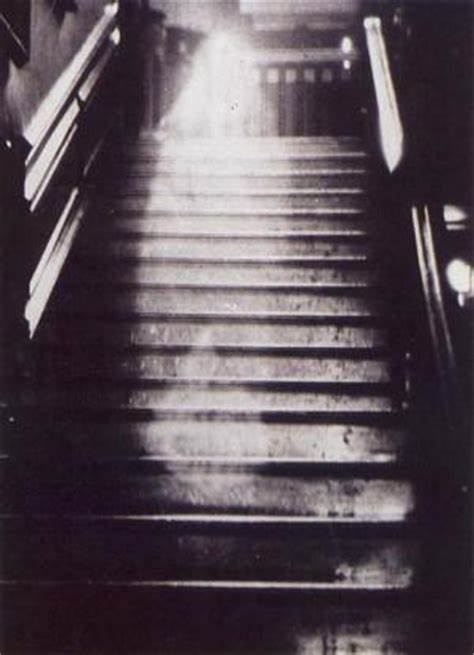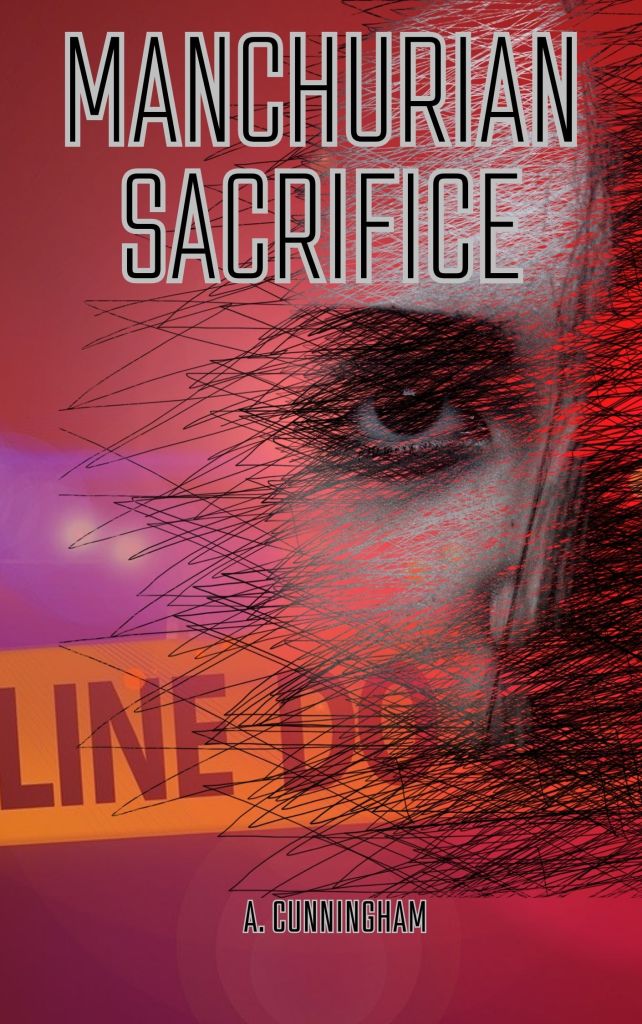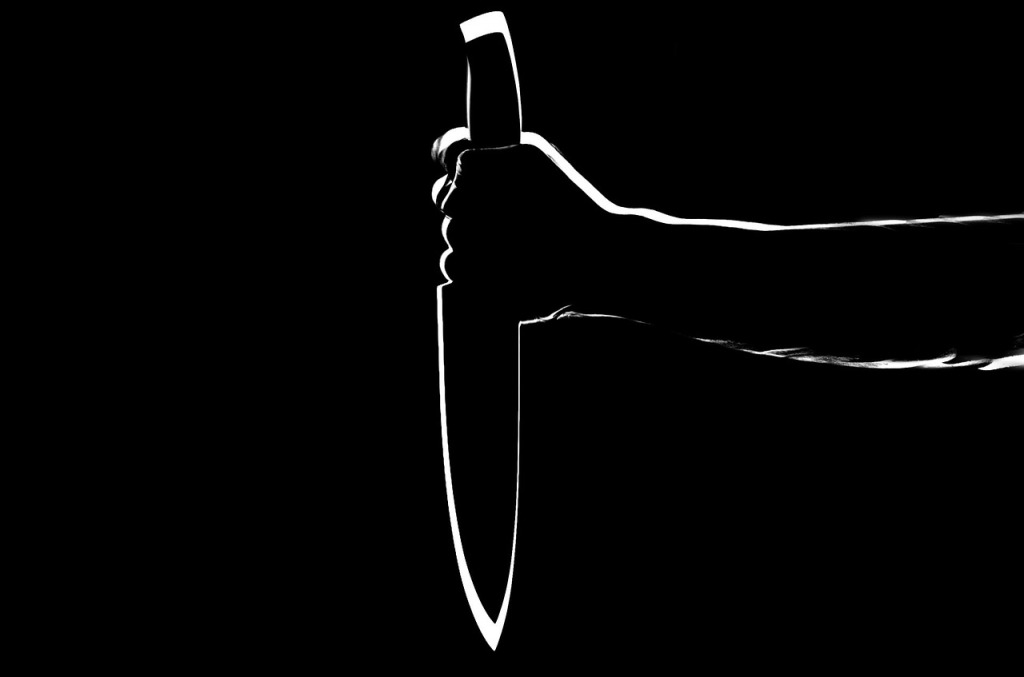It Happened On A Tuesday
On Tuesday 4th, Clive Screed woke up with a headache. Suze was still sleeping so he slipped out of bed and ambled to the bathroom to go through his usual motions before heading to work.
Clive had worked at Cordon and Bloom Accountancy for twenty years; he liked to joke that he was a lifer. He ran several blue-chip accounts and would’ve made the upper echelons of management if he’d possessed an iota of ambition. Instead, Clive possessed a much rarer gift, loyalty, and satisfaction in his work. He was a mainstay of the office; a touchstone for the company and an easy-going mentor for the junior staff. People liked Clive and Clive liked people.
This Tuesday was different. Clive had taken an aspirin before starting his commute to work but it hadn’t worked. The hysteria-tinged prattle of the radio announcer aggravated his headache as he joined the wind of traffic on the ring-round circling the town. Clive’s favourite station had given over most of its air-time not to the golden oldies Clive liked best, but to some drivel about a new strain of virus spreading around the country; Clive paid very little attention. It seemed to him that everyone now-a-days was a hypochondriac. He was forced to change station and this break to his contented routine further aggravated the drilling pain in his head.
He, therefore, entered the office at ten minutes past nine in an uncharacteristically bad mood, ignoring the usual round of half-heartedly cheery greetings from staff members pleased to see him but less pleased to be at work on a Tuesday morning. Clive tried to summon his usual joie-de-vivre while he checked his emails but an odd lethargy dragged at his mind, deflating his spirits. At ten-fifteen he almost cursed when the printer jammed and he caught himself glowering at Julie over the cubicle partition when she coughed too loudly. He was quite surprised and ashamed of himself.
At a quarter past two, Clive was startled awake at his desk. This was shocking for two reasons, firstly, in twenty years Clive had worked at Cordon and Bloom he had never, ever dozed off at his desk and secondly, Julie was screaming.
Clive lumbered to his feet, limbs heavy and uncoordinated. He looked for Julie. Her cubicle next to his was a state. There was blood all over her monitor. Her keyboard dangled over the desk edge, hanging by its cable. Her swivel chair was out in the aisle. Clive tutted under his breath. He detested mess.
This was unfortunate as it appeared that the office had become a shambles while he was snoozing. There were papers everywhere. Cubicle partitions had been ripped from between desks and flung around hither and thither. Someone had planted their bloody handprints all over the off-white walls and Tim-the-intern appeared to be lying in the middle of reception in a pool of his own blood. Clive blinked in surprise, this just wasn’t the sort of behaviour one expected from Cordon and Bloom.
At least Julie had stopped screaming, which was a relief to Clive and some comfort to his aching head. He stumbled upon her body next to junior partner Aaron Carruther’s cubicle, she too appeared to have taken to lying on the floor in a very dishevelled state. Belatedly, he realised she was dead and took a moment to be shocked by that.
Aaron crouched over Julie, blood and drool spilling from his mouth. He yowled at Clive like an angry cat when he saw him, foamy spittle flying from his lips.
Clive reeled back in alarm. He hadn’t thought Aaron the type to go around eating co-workers.
Aaron lunged for Clive’s ankles and Clive fell back into Ranjit’s desk. He grabbed hold of the back of Ranjit’s swivel chair and slammed it into Aaron’s body as the younger man lurched at him. Aaron was not a fit man. He fell backwards, arse-over-tea-kettle as the saying goes. Clive dragged himself up and hurried toward the main doors.
It would be inaccurate to say that forty-three-year-old Clive ran from the office because forty-three-year-old Clive hadn’t done any running since his five-a-side footie team had disbanded when Jerry North went and immigrated to Australia (the lucky bastard). He gave it a good try though.
Rambling down the communal corridor in the office complex Cordon and Bloom shared with a photography studio and a dentist, he lurched drunkenly off walls and into the copier, before pausing briefly and cocking an ear to the screams issuing through the door to Doctor Chakraborty’s surgery. The door was locked and when banging his fist on the frosted glass pane failed to hail anyone Clive reluctantly moved on.
Clive did not meet anyone on the lower floors of the complex. There was evidence that someone had had a bit of a spill; Clive’s sensible black leather shoes sloshed deep into the blood-soaked shag outside Rogers Consultancy on the ground floor. Confused and vaguely concerned at the number of bloody accidents going on in the building, Clive fumbled his way out of the buildings glass doors.
The comfort of the quietude the abandoned office block afforded Clive was lost the instant he stumbled outside. There was a lot of noise and fuss, someone was yelling over a loudspeaker and some fool had put up cordons and police barricades all around the pedestrian plaza. That was just not on, in Clive’s opinion. The plaza was hazardous enough, what with fountain jets set into the ground and the European market setting up shop in the middle of the thoroughfare. The last thing anyone needed was for some jobsworth to turn the plaza into a literal obstacle course of cordons and sandbags and police tape.
Clive had reached the limit of his patience, which was his only excuse for roughly knocking over the cordon and lurching into the plaza. A low, guttural growl escaped him when he saw the broken glass, shattered market stalls and detritus of German sausages, French baguettes and peculiar knick-knacks strewn over the ground. Not to mention the corpses. Really what was all that about? Clive wondered. Since when was it acceptable to leave corpses all over the place? What did he pay his taxes for if the council couldn’t even keep litter and corpses off the streets? It was disgraceful.
Clive was not the only person left to fumble their way toward the distant barricade, a good number of rather unsightly looking ne’er-do-wells were shambling about, bouncing off litter bins and falling over benches. Some of them appeared to be picking at the corpses or fighting one another in a slow and disorganized manner. Clive wondered if these louts were responsible for all the mess.
He avoided the lot of them, ambling along the line of cordons toward the hub of noise and activity on the other side. The voice over the loudspeaker continued to blear out, but the voice was too distorted for Clive to understand. He fixed on the people – normal, unbloodied people—he could see on the other side of the thicket of sandbags, armed police and parked police cars forming a barricade in the middle of the plaza. What was going on here? Clive asked himself. It looked like a scene from one of those disaster movies Suze liked to watch.
Clive was sliding along the outer wall of the abandoned Japanese restaurant, edging closer to the nearest group of officers when one of them yelled and raised his gun. Clive rocked to a halt. A nice, urban lower-middle-class Englishman, Clive had never seen a real rifle before, let alone heard one fired. He fell over in shock, quite winded and unsettled by the whole affair. What the buggery was going on? Why was the police shooting at him?
Had the whole world gone mad while he was napping?
Clive dragged himself away, frightened and scared. He took refuge in the narrow alley between the bank and the bakery where the winos liked to congregate. They weren’t there now. No one was. Clive slumped against the wall and sobbed. His v-neck jumper was all stained and bloody. His left leg shook uncontrollably, his foot bouncing over the concrete. Out in the plaza, the rat-tat-tat of gunfire and the bellowing of the voice over the loudspeaker merged into an incomprehensible cacophony that made Clive’s head hurt abominably. Above the buildings a helicopter whoop-whooped by.
Clive wasn’t sure how long he sat in the alley, surrounded by blood and the stench of stale urine. Time cycled by in a blur of muted sensation. The sound of helicopter rota blades slicing and dicing the air; the staccato bursts of gunfire; the distant roar of jeeps and truck motors; the occasional scream and the sharp, bright tinkle of shattering glass — all of it overlaid by the blearing of loudspeakers.
It grew dark and it occurred to him that he needed to find Suze.
The plaza was a different place when he dragged himself out of the alley. There were a lot more rough-looking types shambling about, growing more aggressive now the sun had set. The barricade at the end of the plaza had been abandoned and all the storefronts sported broken windows and gutted displays. It was like the office all over again, all the order and civility of the town had fallen to ruin while Clive’s back was turned.
Charlemagne Boulevard was deserted; tire marks scoured the asphalt and concrete blocks had been placed over two traffic lanes, preventing cars from coming into the town centre. Clive saw the swirling flash of blue and white police lights further along the boulevard and approached the police car cautiously. The police had fired on him, a law-abiding citizen, but as a law-abiding citizen, it was still encoded in Clive to seek a policeman’s aid.
He was disappointed to find the car abandoned, the blood on the driver’s seat already dried. He moved off, feet slow and dragging. He was so blasted tired that was the problem. He couldn’t think right. Everything was topsy-turvy and his head would not stop aching. It was all wrong. Everything. All wrong.
He needed to get home to Suze; that was it. That was the answer. She’d be worried about him. He was probably late home. He hoped she had dinner on. He was hungry. Filled with a raw, empty hunger that opened in the pit of his stomach like a fissure and threatened to hollow him out. That’s how he felt, he realised. Hollow, like a gutted building. He was nothing but a façade of a man with all his vital bits missing.
Clive stumbled to a stop. He would be the first to admit he was not what one would call a deep thinker by nature. It wasn’t his way to question too much the why and the wherefore of anything. Life was for living, he always said, everything else will sort itself out in time. It was a bit odd for him to be getting all poetic, but he supposed he’d earned the right to get a bit maudlin, what with the day he’d had.
He mopped his brow with a limp hand, disgusted by the drool clinging to his lax chin. He must be coming down with something, he reasoned. He was all out-of-sorts. He had to stop outside the offy on Milden Avenue to collect himself. He picked up a packet of tissues but found Agnieszka indisposed and unable to take his money. He left the correct change on the counter and hoped her son would be along soon to pick up her body. It looked like some rotten soul had already taken a couple of bites out of her.
Clive picked up the pace as he passed by the primary school on Teft Street; he didn’t want to look.
The streets were so quiet. Clive had the ants up the spine feeling of eyes watching him from behind broken windows or shadowed garden corners, but he saw no one. The distant scream of sirens in other parts of the town came to him over the still air the only hint that anyone survived.
Someone had driven a white van into the side of Mrs. Marchants’ house at the top of the street. Another car smouldered further down the way and Clive would be worried about the engine blowing, what with the flames he could see dancing under the bonnet and the audible crackle and pop of melting glass and tires were he not so hungry. It was all he could think about. That and Suze.
Suze and her Sunday roasts, her fat dripping potatoes and the way she melted the cheese on top of the shepherd’s pie just the way he liked, creating a little patina of golden-orange cheesy goodness on top. He started to salivate. He did love his Suze, what with her big hips and ample bosom. She wasn’t fast-moving his Suze, a bit clumsy all told. He hoped no one had gotten to her. He was so very, very hungry.
He slipped around the back of the house, entering through the passage that ran between his house and the neighbours and led to the back garden gate. The kitchen door was less secure than the front. He was so hungry he didn’t want to have to fuss around breaking in through the front window. What would the neighbours think?
He found Suze in the upstairs bathroom, cowering in the bathtub behind the shower curtain. She was in a right state. Screaming and crying hysterically when she saw him. He reached for her and she threw the shampoo bottle at his head.
Well, that was a fine to-do, wasn’t it? A man braves life and limb to get home to his wife and this is his welcome? A spark of anger lit inside him, causing his hunger to surge.
Suze wept and begged as he dragged her out of the bath. Her screaming and sobbing drove a spike of agony into his brain, jagged and rough. He couldn’t bear it. The incessant drilling in his head and the raw wound in his stomach combined in a crescendo of pain. Pain that only stopped when he took his first bite.
***
Interested in reading more weird and wonderful tales of monsters eating people? Check out The Innocent Have Nothing to Fear available now on Amazon, a collection of urban fantasy/horror short stories my yours truly.

























